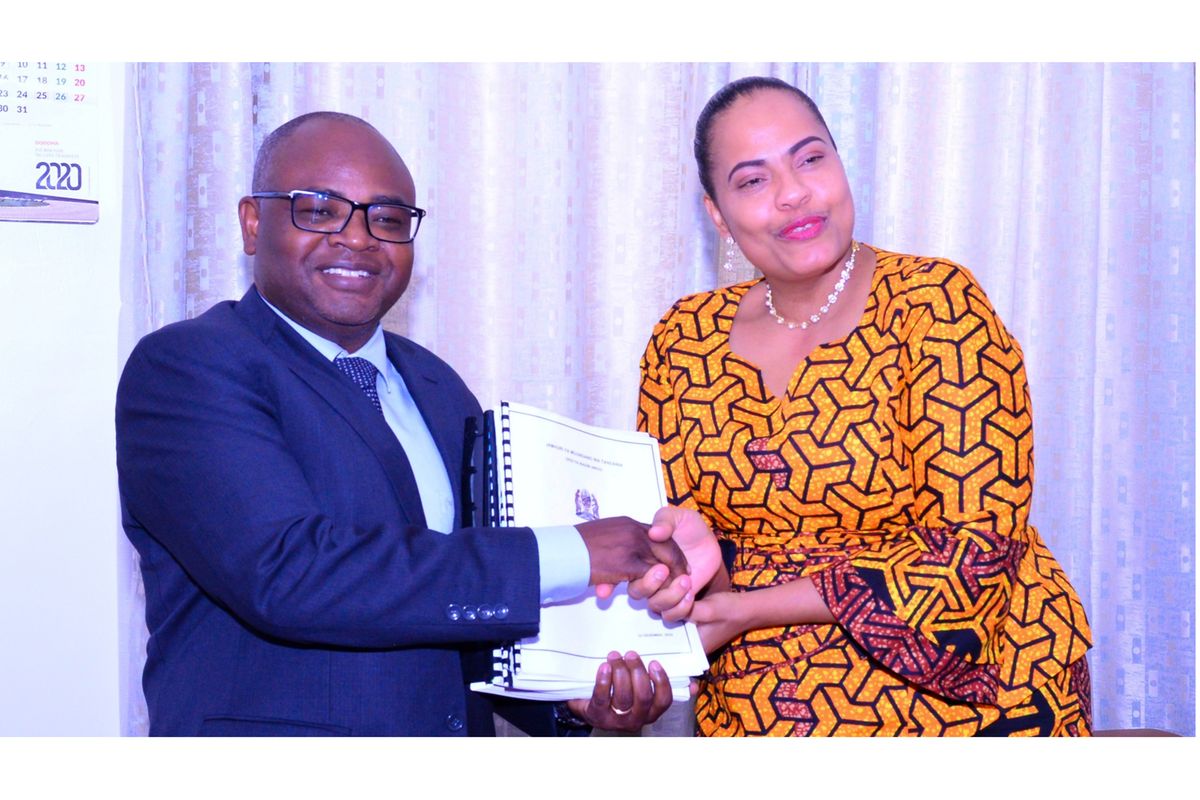Arusha. Tanzania Investment Centre (TIC) will launch a one-stop investment centre here in July as part of efforts to eliminate bureaucracy in facilitating investments in the country.
The Minister of State in the President’s Office (Planning and Investment), Prof Kitila Mkumbo, said during an investment conference in the tourism sector here yesterday that the move would also boost Tanzania’s economy.
The investment conference went under the theme “Exploiting Investment Opportunities After Tanzania: The Royal Tour Programme.”
Prof Mkumbo was responding to the Arusha Regional Commissioner, Mr Paul Makonda’s, request for the possibility of setting up a one-stop center for investment in Arusha to facilitate service provision to investors.
Responding to the request, Prof Mkumbo said that the matter was within his capacity and directed the Permanent Secretary in the Ministry to follow through on the matter.
“This matter regarding TIC is within my capacity. As such, as soon as we complete the ongoing parliamentary budget session, we will come to Arusha to set up the centre,” he said.
He said the tourism sector is a cross-cutting one and has significant contributions to the national economy.
He said tourists and investors consider several factors, including peace, stability, and security, infrastructure, effective strategies for promoting tourist attractions, the presence of accommodation facilities, attractive investment policies and regulations, as well as good international relations, before coming to a country.
In his remarks at the conference, Mr Makonda also said they have put in place strategies to ensure that Arusha city is well-lit and has cameras installed everywhere. The installation of more than 200 street lights is underway. He requested improvements in infrastructure, especially roads, to attract more tourists.
According to the Minister for Natural Resources and Tourism, Ms Angela Kairuki, there were many investment opportunities in Arusha, especially in the tourism value chain.
She said the government will continue to create a conducive environment to increase the number of domestic and international tourists, surpassing the target of five million tourists by next year.
“We need to improve services in the tourism value chain,” she said.
Speaking about opportunities for investment, the Treasury Registrar, Nehemiah Mchechu, said it was important for members of the public and private sectors to join forces and invest in the tourism sector.
He said that though Tanzania’s tourism sector has great potential and is performing well, it has not yet been fully utilised.
The TIC Executive Director, Mr Gilead Teri, said the aim of the meeting was to discuss with stakeholders in the sector the challenges and opportunities, including educating tourism stakeholders about the benefits available in tourist attractions through TIC and helping Tanzanians to invest.
He mentioned that Tanzanians now have the opportunity to invest, as many taxes have been exempted or reduced, making it feasible for Tanzanians to engage and invest in this crucial sector.
He stated that the government has halved the investment threshold required for Tanzanians to be recognized by TIC, thus facilitating broader participation and ownership in the sector.















